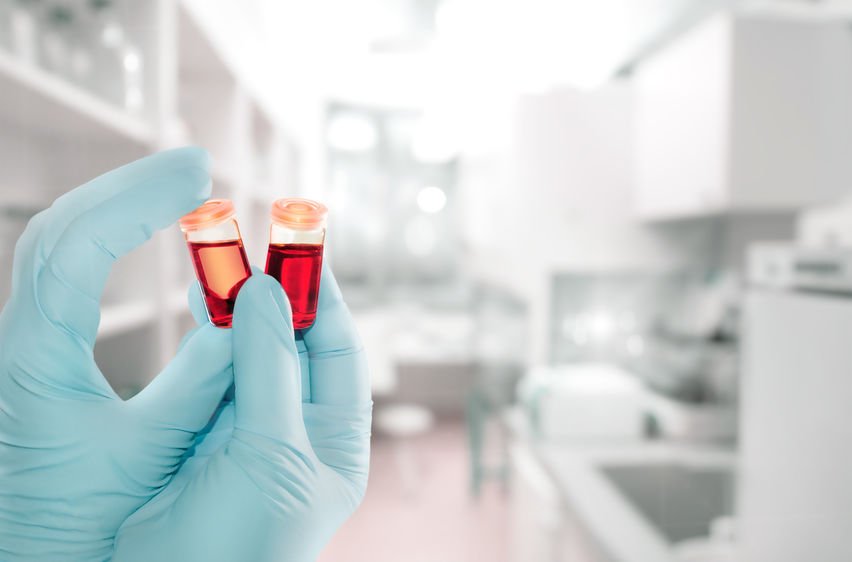
12 Earliest Signs and Symptoms of HIV: Never Ignore Them!
The only way to be sure you have or don’t have HIV infection is to undergo a test. But you must know when to undergo a test so that you receive accurate results. No test can catch HIV in your blood immediately after you are exposed to it. There is a window period, which is the time when the virus enters your body and the time when a test can catch it or your body produces antibodies.
Testing too soon can give you false negative results.
Testing too late can make you miss on early treatments and lead to the spread of the virus.
What to do?
If you recently had a high-risk exposure, do this: consult a doctor immediately. High-risk exposure means having sex with somebody who is infected or being sexually assaulted.
Immediate treatment
In this case, the doctor may recommend post-exposure prophylaxis (PEP) treatment, which should be started within 3 days (72 hours) after exposure. The sooner you begin this treatment, the better for you.
Watch out for early stage HIV symptoms like rash. Being alert about early symptoms can help you take timely consultation and treatment. This prevents the disease from spreading and becoming more complicated.
Before the doctor prescribes the PEP treatment, they will test you to confirm you are not infected. Then, you must take the medication daily for 28 days. You must undergo follow-up tests to confirm you don’t have HIV.
Later treatment
In case you failed to take the PEP and it’s already more than 3 days, you must undergo an HIV test. Consult a doctor about the right time when you must take a test.
Remember, you must practice safe sex once you are exposed because you are infectious at this stage.
Please do not rely on symptoms. You may or may not get them, advise doctors.
Early signs and symptoms
A few people, in the newly-infected stage, may show acute symptoms within days of getting exposed.
The signs and symptoms include:
- Fever
- Chills
- Fatigue
- Muscle aches
- Headache
- Sore throat
- Night sweats
- Loss of appetite
- Swollen lymph nodes
- Diarrhea
- Widespread, non-itchy rash
- Ulcers in the mouth, genitals, or anus (this is a sign of co-occurring STD, which means you have some other STD that has made you contract HIV)
Doctors refer to the above range of symptoms as Acute Retroviral Syndrome (ARS). They generally surface within 4-5 days of exposure and may last for 2 or more weeks. In some patients, the symptoms last for months.
If you have had unprotected sex with a new partner recently and you are experiencing the above signs and symptoms, you must consult a doctor immediately and learn how to get tested for HIV in Arlington.
Even if the symptoms subside or get treated by regular medication, you are still infected. Treating the symptoms does not mean treating HIV infection.
For example, you get one of the early stage HIV symptoms like rash and you visit a dermatologist for treatment. The rash subsides. You have treated the rash, not the HIV infection. Only proper treatment can help you fight HIV infection. And this can happen when you take the right action at the right time.

No Comments
Sorry, the comment form is closed at this time.